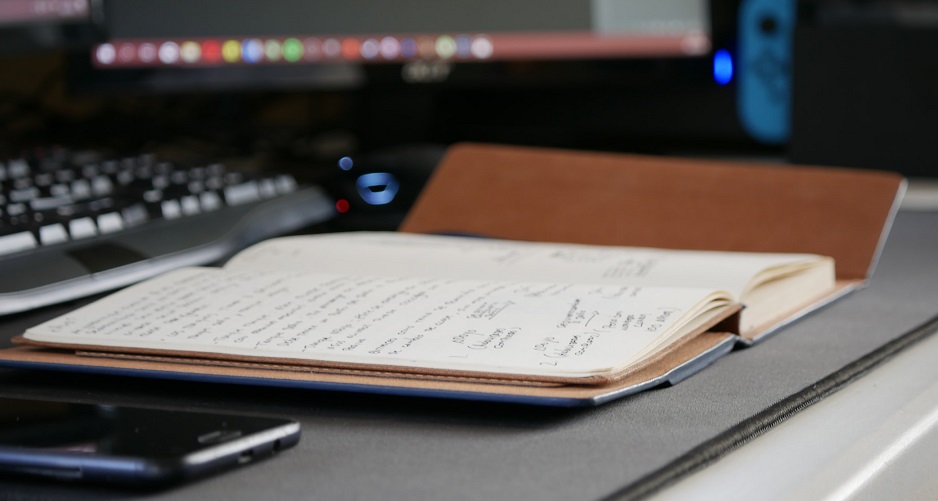Wir haben leider kein passendes Ergebnis gefunden.
Ganz nah am User: Authentische Einblicke in Nutzungssituationen


The Diary Study
When developing new products, companies often focus on existing usage problems. The new product should alleviate these and thus be successful on the market.
But which Pain Points does my target group have anyway?
A diary study is a suitable way to generate as many and new insights as possible from the everyday life of users.
What exactly is a diary study?
The diary study is a special form of observation. An observation can be carried out in the presence of an observer (external observation) or without a direct observer (self-observation), as is the case with the diary study. Another form of self-observation are so-called cultural probes. While the participants in a diary study report in writing about their everyday life and respond to tasks set, cultural rehearsals are illustrations of what they have experienced or thought, e.g. in the form of photos, videos, sketches, etc.

Cultural Probes topic audio usage
What's the good part?
This very exploratory approach allows a large amount of observations to be collected. Usually diary studies are conducted over a longer period of time (about 1-3 weeks). In addition, the knowledge gained comes from the direct context of use, without an observer influencing a situation by being present. Nevertheless, the act of keeping a diary alone is of course an intervention.
The advantage of diary studies and also cultural probes, however, is that the test subjects deal with a topic over a longer period of time and thus more topics are brought into consciousness than in a one-hour interview, for example.
How do you conduct a diary study?
In today's market and user research, digital channels such as e-mails, text messages, audio/video messages or even regular online surveys predominate in order to exchange information with the test subjects during self-observation. We at Facit Digital have recently conducted several diary studies using WhatsApp.
Digital channels have the advantage that you can start the analysis already during the field phase. In addition, the research team can intervene better and, for example, motivate less committed participants.
There are also numerous special tools, for example from Kernwert, dscout or Indeemo. These help with the implementation, documentation and evaluation of such studies. Depending on the tool, a dashboard can be used, for example, to manage the participants and to intersperse tasks in a targeted manner. Some tools also handle the transcription of voice and video contributions.
What do you need to consider?
Diary studies are relatively time-consuming, both on the researcher and the respondent side. It is therefore important to communicate the scope of the study and the expectations of the participants clearly during the recruitment process. Even after the selection of suitable persons, the challenge is to maintain motivation over a longer period of time. This can be achieved on the one hand by slightly higher incentives. Also a fragmented payout according to certain milestones can be helpful. On the other hand, personal communication during the test phase is crucial: prompt answers to questions, frequent praise, as well as encouraging further contributions can greatly increase the quality of the results.
As with most methods, preparation is essential for diary studies. It is advisable to formulate instructions in advance and to plan them in a precise time schedule. In this way, the formulations can easily be copied and sent to the participants. Text modules that allow for more specific attention to individual participants can also be prepared.
Example of instructional plan for a study of audio usage behavior via WhatsApp
As mentioned above, the insights generated in this way can serve as a basis for product ideas. Diary studies are also suitable as preparation for particularly intensive focus groups or in-depth interviews, because test persons deal extensively with a topic. In many cases, the findings from diary studies (motives for use, pain points, etc.) are then quantitatively validated, for example with the help of representative online surveys.

Theresa Amberger
As a studied communication scientist Theresa asks many questions and likes to get to the bottom of things, as for example for the blog series "Inside FaDi". In UX Consulting at Facit Digital, she can optimally combine this passion with her interest in digital trends and technological innovations.
